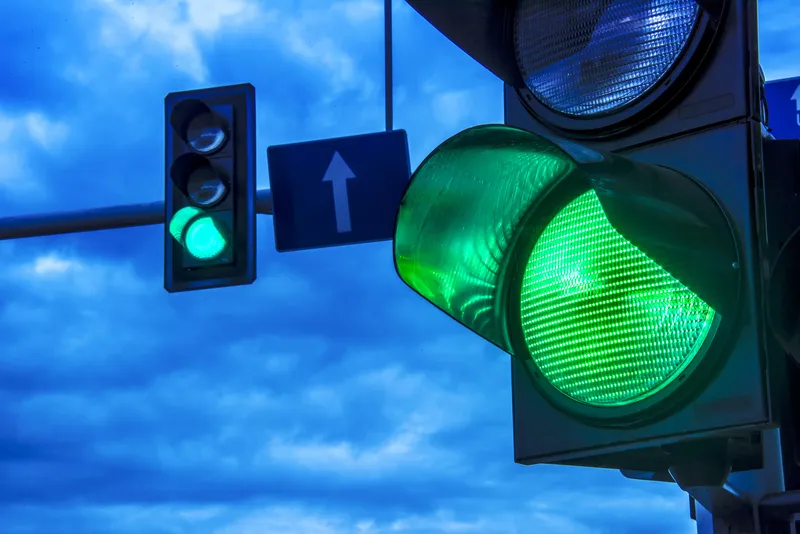According to Australia’s federal infrastructure and transport minister, Anthony Albanese, an Australia-wide electronic freeway management system has the potential to greatly reduce congestion and save Australian families and businesses more than US$500 million a year. Albanese said as much as he announced the US$21 million contract to deliver an Intelligent Transport System (ITS) and communications infrastructure to the Westgate freeway managed motorway project in Victoria under the national smart managed m
February 22, 2013
Read time: 2 mins
According to Australia’s federal infrastructure and transport minister, Anthony Albanese, an Australia-wide electronic freeway management system has the potential to greatly reduce congestion and save Australian families and businesses more than US$500 million a year.
Albanese said as much as he announced the US$21 million contract to deliver an Intelligent Transport System (ITS) and communications infrastructure to the Westgate freeway managed motorway project in Victoria under the national smart managed motorways program.
Albanese said that, once operational, the technology will give4728 VicRoads the tools it needs to better manage traffic flows and respond quickly to accidents and breakdowns.
“As well as being good for taxpayers, this technology will deliver faster, safer and less frustrating driving conditions for the 160,000 motorists and truck drivers who use this vital part of Melbourne’s road network every day,” said Albanese.
Victoria’s roads minister Terry Mulder said the installation of the freeway management system is expected to be completed by mid-2014 and maintains Victoria’s reputation as a leader in the use of this technology.
“The project will upgrade the existing smart technology on the freeway and include installation of lane use signs that advise drivers of which lanes to use, and new side-mounted variable speed limit signs allowing for speeds to adjust to suit conditions,” Mulder said. “There will also be closed circuit television cameras and an upgrade of supporting communications networks and central control systems. Once complete, the system will be fully integrated with the M1 east of Williamstown Road and eventually with the M80 ring road, helping to deliver safer and more reliable travel times along these routes.”
Under the contract,7146 Visionstream, part of 4977 Leighton Contractors, will be undertaking the design, supply, installation and integration of ITS devices including lane use signs, variable message signs, traffic data collection stations and CCTV cameras and supporting ICT infrastructure. (See ITS International e-newsletter of 14 February).
The West Gate Freeway project is being funded by the Federal and Victorian governments to the tune of US$12.5 million each. Work on the project is expected to get underway in the middle of this year.
Albanese said as much as he announced the US$21 million contract to deliver an Intelligent Transport System (ITS) and communications infrastructure to the Westgate freeway managed motorway project in Victoria under the national smart managed motorways program.
Albanese said that, once operational, the technology will give
“As well as being good for taxpayers, this technology will deliver faster, safer and less frustrating driving conditions for the 160,000 motorists and truck drivers who use this vital part of Melbourne’s road network every day,” said Albanese.
Victoria’s roads minister Terry Mulder said the installation of the freeway management system is expected to be completed by mid-2014 and maintains Victoria’s reputation as a leader in the use of this technology.
“The project will upgrade the existing smart technology on the freeway and include installation of lane use signs that advise drivers of which lanes to use, and new side-mounted variable speed limit signs allowing for speeds to adjust to suit conditions,” Mulder said. “There will also be closed circuit television cameras and an upgrade of supporting communications networks and central control systems. Once complete, the system will be fully integrated with the M1 east of Williamstown Road and eventually with the M80 ring road, helping to deliver safer and more reliable travel times along these routes.”
Under the contract,
The West Gate Freeway project is being funded by the Federal and Victorian governments to the tune of US$12.5 million each. Work on the project is expected to get underway in the middle of this year.








